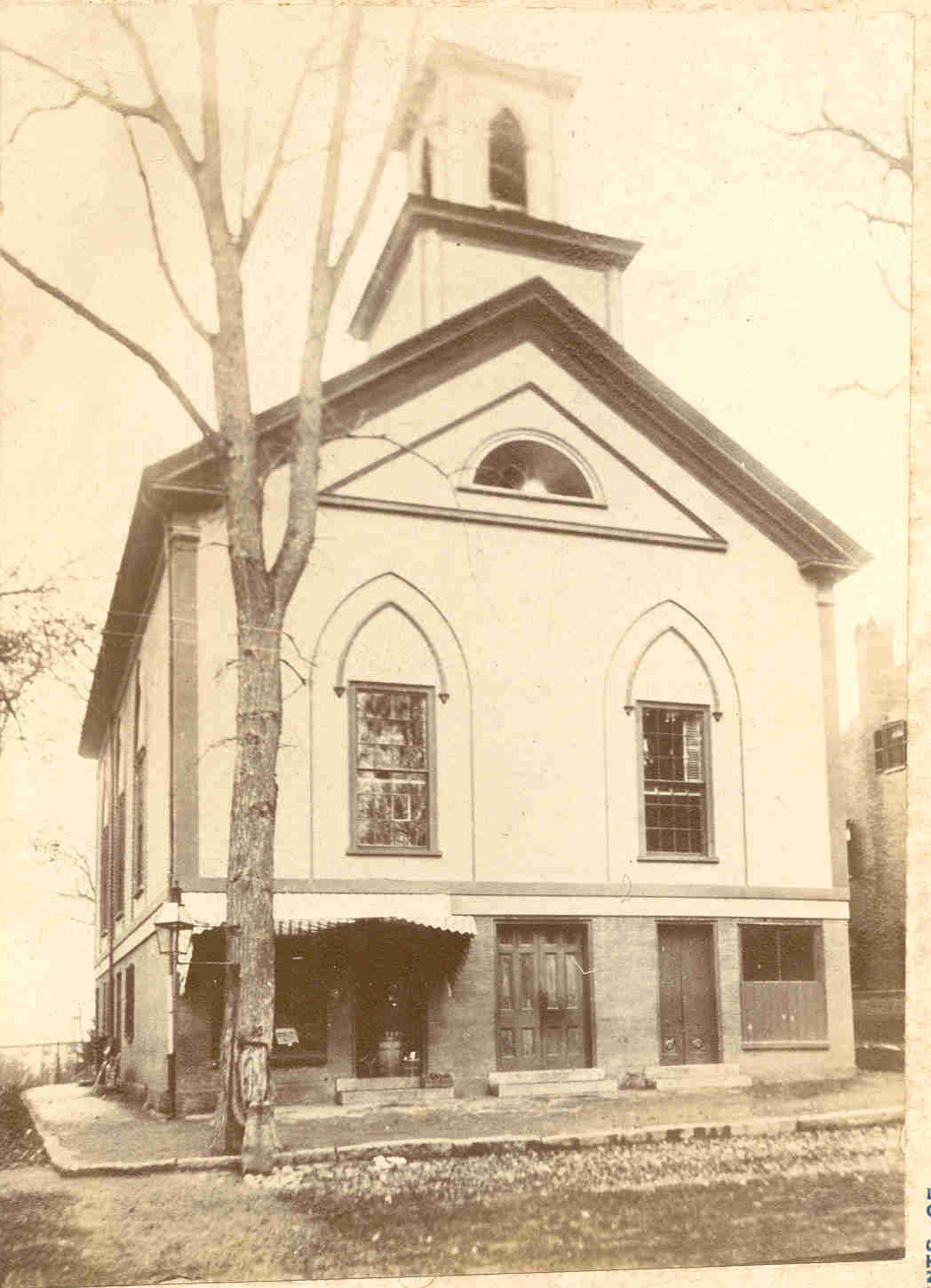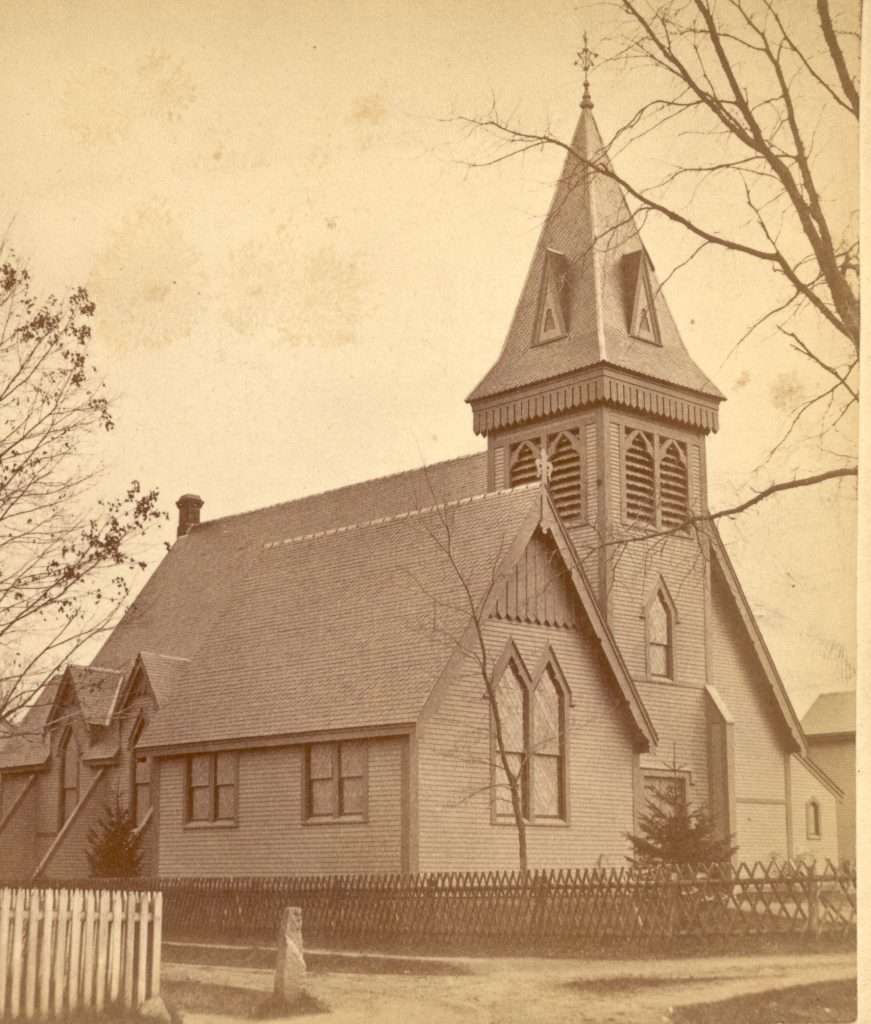History of FUUSE

The First Unitarian Universalist Society of Exeter was organized in 1854, when the local Universalist Society appealed to an unorganized group of local Unitarians, hoping they might take over the mortgage of the Universalist’s Front Street meetinghouse and form a Unitarian congregation. On June 17th, 1854, the two groups met at Odd Fellows Hall on Water Street and began drawing up by-laws for the First Unitarian Society of Exeter.
The 1850’s and 60’s were a period of growth for the new society. This was helped by Phillips Exeter Academy, a private local preparatory school, requiring that all students attend worship services on Sunday mornings. Student enrollment would help swell attendance until compulsory worship was ended in the mid 1960’s.

By 1867, the First Unitarian Society had outgrown its Front Street location. The Society accepted a gift of land on the corner of Elm and Maple Streets from a local woman named Mary Eastham Gray Gilman. A capital campaign with contributions from the American Unitarian Association, Phillips Exeter Academy alumni, and the congregation itself funded the construction of a new church, which opened in 1868. While this church stood, the Society expanded its holdings on Elm Street, building the parsonage in 1874, and Unity Hall—a meeting hall with a stage and kitchen—in 1890, again on land donated by Mary Eastham Gray Gilman Bell.
In the spring of 1942, services were moved into Unity Hall due to World War II coal shortages. Two weeks later, the decision was made to tear down the church and remodel Unity Hall into the current sanctuary.
Since then, the Society – now called the First Unitarian Universalist Society of Exeter – has continued to grow, voting to join the local community of open and affirming churches by becoming a Welcoming Congregation, as well as a U.U.A. recognized Green Sanctuary, committed to promoting climate justice and sustainable lifestyles both as individuals and as a faith community.
